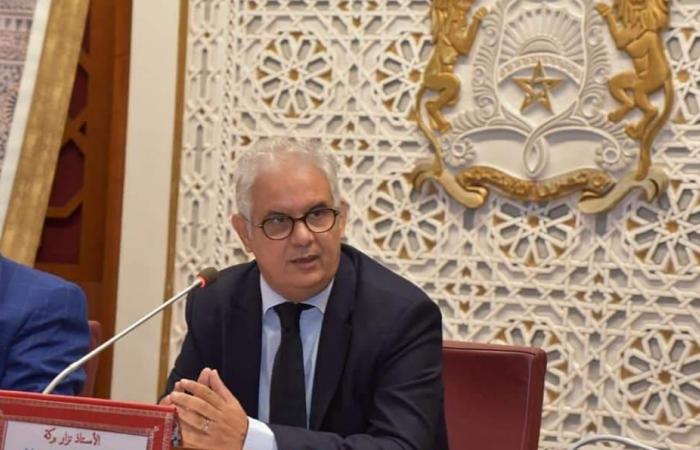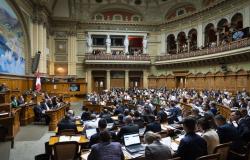The transition towards the decarbonization of ports constitutes both a challenge and a unique opportunity to strengthen their role as leading energy and logistics hubs, said, Tuesday in Rabat, the Minister of Equipment and Water, Nizar Baraka.
“It is clear that the transition to zero-carbon fuels, such as ammonia, e-methanol or other alternatives, will lead to a reconfiguration of the maritime industry and consequently on all global logistics systems,” said N. Baraka during the national closing workshop of the pre-feasibility study on the production, storage, supply and export of zero-carbon fuels to Moroccan ports.
“For Morocco, whose ports are strategic platforms on global shipping routes, this development presents both challenges and opportunities,” he said.
According to the minister, the choice of fuels of the future will affect not only the way ports supply ships, but also the volume and nature of maritime traffic that passes through this infrastructure.
Baraka stressed that ports, with the evolution of maritime routes and the creation of new supply hubs, could be called upon to play an even more central role, or on the contrary, to have to adapt their strategy to remain competitive in this new environment.
Recalling that 96% of foreign trade is carried out by sea, the Minister noted that the study, the subject of this workshop, confirms that this sector can play an important role in the decarbonization of maritime transport by examining the possibilities of reducing greenhouse gas emissions from ships, through clean alternatives, the supply of clean electricity and the optimization of the management of ship calls in ports.
For her part, the Minister of Energy Transition and Sustainable Development, Leila Benali, emphasized the importance of maritime transport, noting that maritime freight constitutes nearly 70% of world trade.
She noted that this new impetus for decarbonisation and sustainable development in the port and maritime transport sector constitutes an opportunity to recall the regulatory and legislative constraints at the global level.
“Morocco now has its hydrogen offer on which we are working and which will define at some point what the fuel of the future is for the maritime sector,” she said, adding that it is especially essential to prepare the ports and maritime freight that transits through Morocco, or that leaves the Kingdom.
For his part, the World Bank Country Director for the Maghreb and Malta, Ahmadou Moustapha Ndiaye, considered that hydrogen plays a very important role in the energy transition of Morocco which has defined its offer, emphasizing the significant potential of the development of green hydrogen which will have very significant repercussions, particularly in terms of use at the local level to help decarbonize maritime transport which occupies a very important part in export and import.
Launched in January 2024 in partnership with the World Bank Group and the international firm Royal Haskoning, this study aims to examine the spatial, technical and economic options for the production of green energies that would be used both for export and for the supply of ships with green fuel in Moroccan ports.
The case studies conducted in this study concern the ports of Tangier Med, Jorf Lasfar, Mohammedia and a port in the Tan-Tan region. This workshop also brought together key stakeholders as well as representatives of key public bodies such as MASEN, IRESEN and Cluster H2.
Following this study, concrete actions will be undertaken to support this transition and implement the roadmap developed in collaboration with the various partners, in particular the port authorities. Public and private investments will be put in place to ensure the competitiveness and sustainability of Moroccan ports in this new energy era.
As a reminder, this initiative is part of the Kingdom’s desire to reduce greenhouse gas emissions in accordance with the commitments made under its NDC (Nationally Determined Contribution). With its expertise in the field of renewable energies, Morocco is ideally positioned to benefit from this global energy transition.
This positioning gives our ports a central role in the future logistics chain, allowing them to become export hubs, particularly towards Europe.






